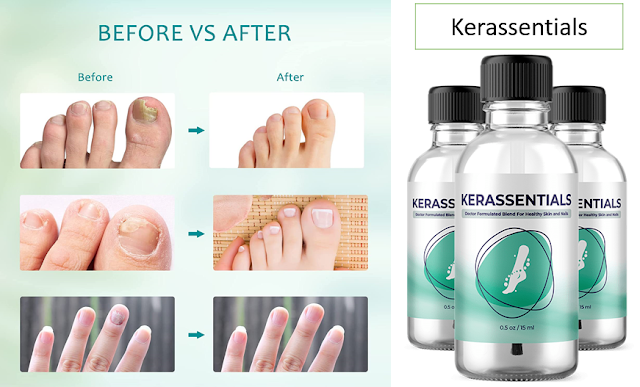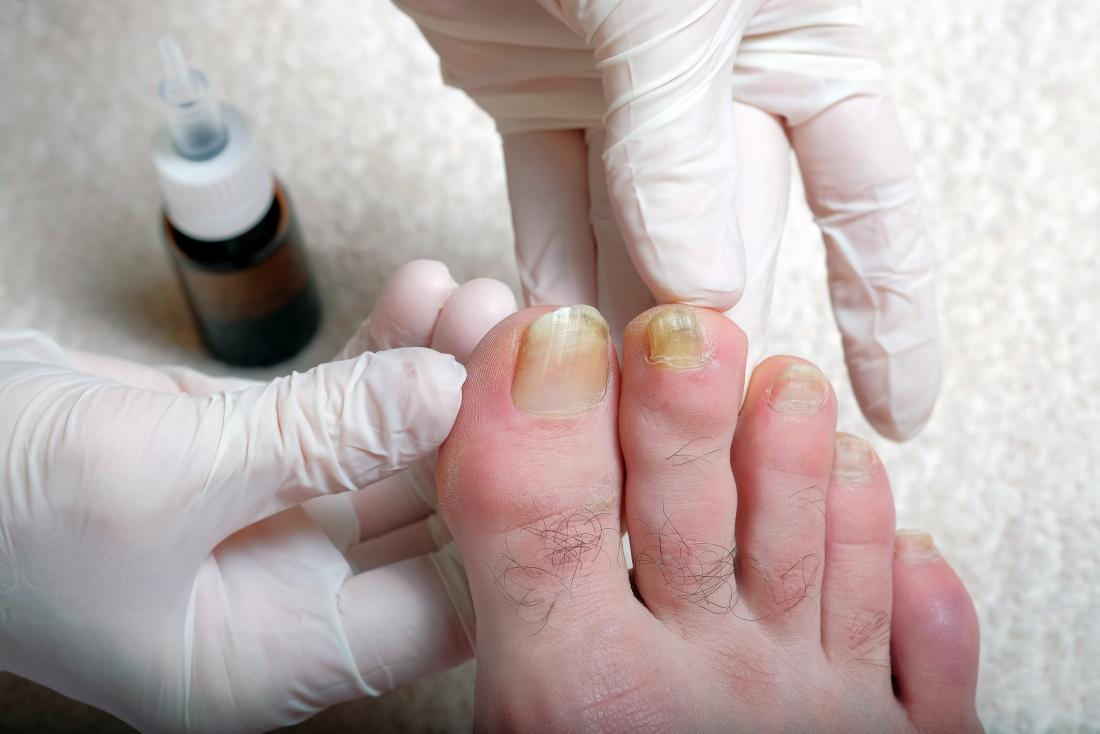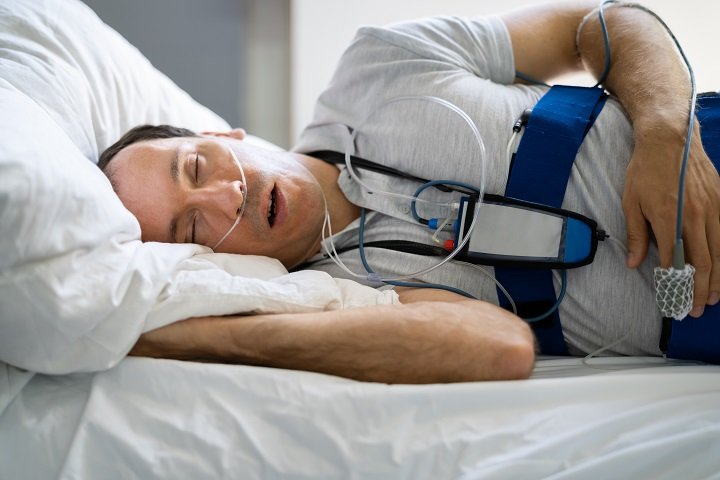What Vitamins Help Restless Leg Syndrome? Supplementation with certain vitamins and minerals has been shown to ease the symptoms of this condition. The use of magnesium, folate, iron and vitamin E may also relieve the symptoms of RLS. Several other vitamins and minerals are also thought to be effective for RLS sufferers. Here are a few to try. This information is not exhaustive. Read on to learn more about RLS.
Treatments for restless leg syndrome
Using vitamin supplements to treat restless leg syndrome is an alternative to drugs. Vitamins play an important role in nerve and muscle function. Supplementing with vitamin B12 or folic acid has shown promise in reducing the symptoms of restless leg syndrome. Vitamin B complex supplements may help relieve leg cramps, especially at night, in older people with high blood pressure. Moreover, a well-balanced diet is important for the overall health of the body.
Studies have shown that low iron levels can contribute to restless leg syndrome. Since 1950, iron therapy has helped treat RLS symptoms. The amount of iron stored in the body is measured through serum ferritin levels and the severity of the symptoms. Taking iron supplements regularly for 3 months resulted in a significant reduction in RLS symptoms. In addition to a healthy diet and adequate exercise, vitamin supplements may also help alleviate the symptoms of restless leg syndrome.
Using supplements to treat restless leg syndrome is an excellent choice for many people suffering from the disorder. These products can help relieve the symptoms of restless leg syndrome without the need for a prescription. Some of them have a low concentration of these vitamins, while others do not even contain any at all. Vitamin supplements are also a good option for those with other health conditions. However, before you start taking vitamins and supplements, you should consult a doctor.
Other treatments for restless leg syndrome include magnesium and calcium supplements. Magnesium and calcium supplements can help reduce the frequency of spasms and abnormal nerve messages, but they usually take weeks to take effect. Nicotine and caffeine have been shown to increase the levels of dopamine, which causes restless leg syndrome. Quitting these substances can also help decrease the symptoms. Dopamine agonists are also prescribed by doctors to help relieve restless leg syndrome.
Dopamine agonists
Many people wonder how dopamine agonist vitamins help restless leg symptoms. Dopamine agonists act like chemicals in the body’s dopamine pathway. This process controls voluntary movement. A dopamine agonist supplement helps the brain make more of this chemical. But there are risks involved with long-term use of these supplements. Symptoms may also move to other parts of the body.
In the meantime, some people report relief from their restless leg symptoms. Dopamine agonist vitamins help restless leg syndrome by improving sleep. However, some people experience augmentation when taking dopamine medications, which may result in increased onset of symptoms. While some people feel relief from restless leg syndrome with dopamine agonist supplements, other treatments may have serious side effects. It is important to note that there are no scientific studies on whether dopamine agonist vitamins actually treat restless leg syndrome.
If you are a person who suffers from RLS, you should seek medical attention as soon as possible. Dopamine agonists are the most common treatments for this condition, although there are several other options. If your symptoms are worse than the ones experienced by most people, your doctor may recommend a dietary supplement. In addition, self-care measures can help you control your symptoms and relieve pain. These include stretching, taking hot or cold baths, and applying hot or cold packs to the affected area. You can also try limb massage. Lastly, learning how to relax and take deep breaths.
Aside from dopamine agonists, some people may find that dopamine agonist vitamins help relieve restless leg syndrome symptoms. However, the symptoms of restless legs syndrome may not be caused by a lack of dopamine in the brain, but rather by an imbalance in the dopamine in the body. Therefore, it is important to choose the right medications. In addition to dopamine agonist vitamins, there are many other natural treatments that may help with RLS symptoms.
Relaxation
It is estimated that 10 percent of the population experiences restless leg syndrome at some point in their lives. Around 1 in 500 people suffer from chronic restless leg syndrome, which can affect a person’s quality of life, mental state, and work productivity. Fortunately, there are vitamins for restless leg syndrome that can help alleviate the symptoms and improve the sufferer’s quality of sleep. And because RLS is highly hereditary, it is possible for children of sufferers to inherit the condition as they grow older.
While medication is a common solution for those who are experiencing severe symptoms, it is important to note that no one medication will work the same way for everyone. In fact, the drug that works for one person may make the symptoms worse for someone else. However, some medications have been found to help with restless leg syndrome, including Parkinson’s medications that affect dopamine levels and benzodiazepines to ease anxiety and panic attacks. Ultimately, most people find that these drugs provide temporary relief but require continuous use for long-term success.
Some supplements, such as magnesium, are effective in helping the body relax and sleep. A magnesium supplement taken before bedtime may help with restless leg symptoms. Another supplement that may help with restless leg syndrome is vitamin D. If you don’t get enough vitamin D through sunlight, see a doctor for a test. Vitamin D is crucial to a healthy immune system and can help with restless leg syndrome. And remember that restless leg syndrome can be a sign of a health problem, so it’s a good idea to increase the levels of this essential vitamin.
The symptoms of RLS can often be relieved by gentle exercise, but vigorous exercises may trigger symptoms. However, it is important to remember that a relaxing bedtime routine is a key factor in alleviating symptoms of the condition. Turn off electronics and computers an hour before bed to avoid blue light from their screens. If you have trouble sleeping at night, try a sleep diary. This way, you can identify what is causing the restless leg symptoms and adjust your routine accordingly. You may also try distraction techniques like playing games or applying cold packs.
Exercise
There are many ways to manage the symptoms of restless leg syndrome (RLS). For some, mild exercise can alleviate symptoms, while vigorous activity can trigger symptoms. The Restless Legs Foundation recommends that patients with RLS avoid strenuous exercise and do some mild stretching. Moderate exercise is an important first step to relieving symptoms and improving sleep. To help prevent RLS and improve sleep, however, patients should avoid caffeine and other stimulants.
The best exercise and vitamins for restless leg syndrome depend on the underlying cause and the severity of the symptoms. If iron deficiency is the cause of RLS, an iron supplement can be taken. Vitamin C will help absorption of iron, but high doses of iron can cause serious complications. For primary RLS, medications may be necessary. See a doctor for advice. Some medications can trigger the symptoms of RLS, so patients should ask their physician before taking any supplements.
Supplementation with B vitamins is another option. Some research suggests that potassium supplements can improve symptoms. However, this has not been studied in a controlled manner. Melatonin supplements may increase leg movements in patients with RLS. Some medications can worsen symptoms, including alcohol and caffeine. Antipsychotics and SSRI antidepressants may increase the risk of developing RLS. In addition, patients with kidney and liver problems should speak to their health care providers before taking supplements.
Drinking enough water is important for both RLS and PLM sufferers. However, it is important to avoid strenuous physical activities near bedtime. It is a good idea to take a five-minute walk during lunch. Aside from exercise, Vitamins A and C may reduce the symptoms of PLM and RLS. If you are unable to exercise at all, you should try using electric blankets for your bedroom. Be careful not to make the room too hot or too cold as this can cause even more problems.
Vitamin D
There is evidence that vitamin D can help with the symptoms of restless leg syndrome. The increase in vitamin D levels in the blood and the metabolites it creates in the brain are known to help protect dopamine-associated neurons. This hypothesis has been supported by a study published in the journal Sleep & Breathing. In this study, vitamin D levels in the blood were raised in participants with severe RLS and the levels improved significantly in those with adequate levels.
A study in the UK found that people with low vitamin D levels had significantly fewer episodes of restless legs syndrome. In addition, the supplementation improved the symptoms of restless leg syndrome. One of the reasons why vitamin D is important is because it is required by the body to function properly. A deficiency of vitamin D may lead to restless leg syndrome, which is caused by impaired signalling in the brain. Vitamin D can help with restless leg syndrome by increasing the levels of dopamine.
Several other conditions can cause restless legs syndrome. Iron deficiency, pregnancy, and weak veins are all potential causes of restless leg symptoms. Consult your doctor before pursuing any treatment for restless leg syndrome. You can also consider changing your diet, incorporating more fruits and vegetables and a diet that is rich in iron. Moreover, avoiding salt substitutes may help reduce symptoms. This article reviews a few foods that are beneficial for the symptoms of restless leg syndrome.
Another study found that people with RLS who were vitamin D deficient had a higher incidence of this condition than those with adequate levels. However, these differences were not statistically significant. The study also showed that vitamin D deficiency was associated with lower sleep quality. In conclusion, Vitamin D can help restless leg syndrome sufferers sleep better. If you are one of these people, it is essential that you get adequate amounts of vitamin D in your body.





